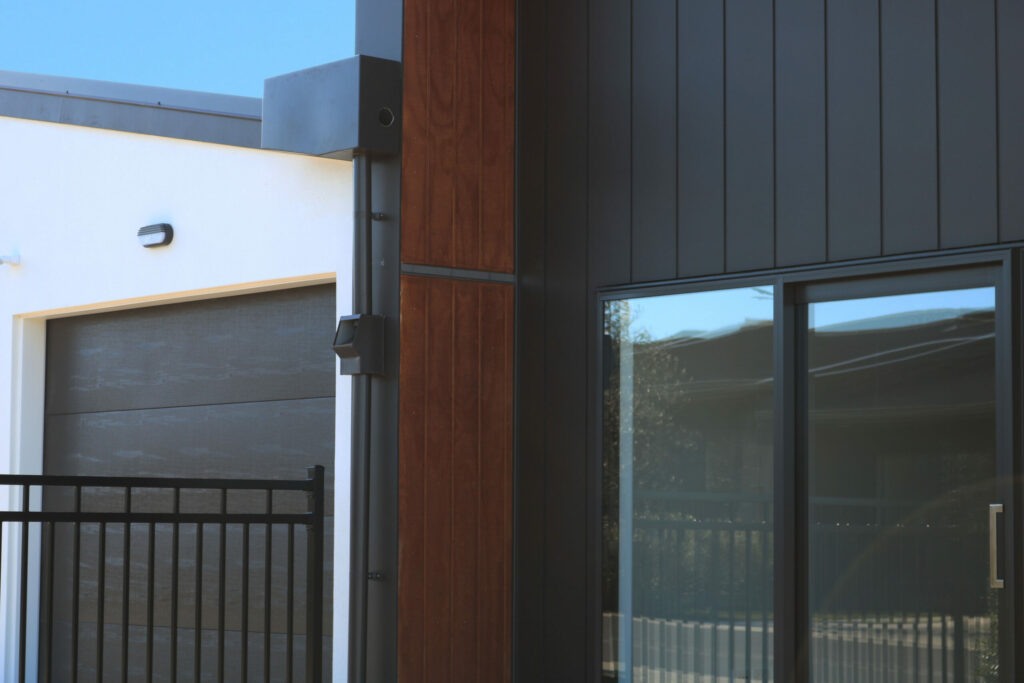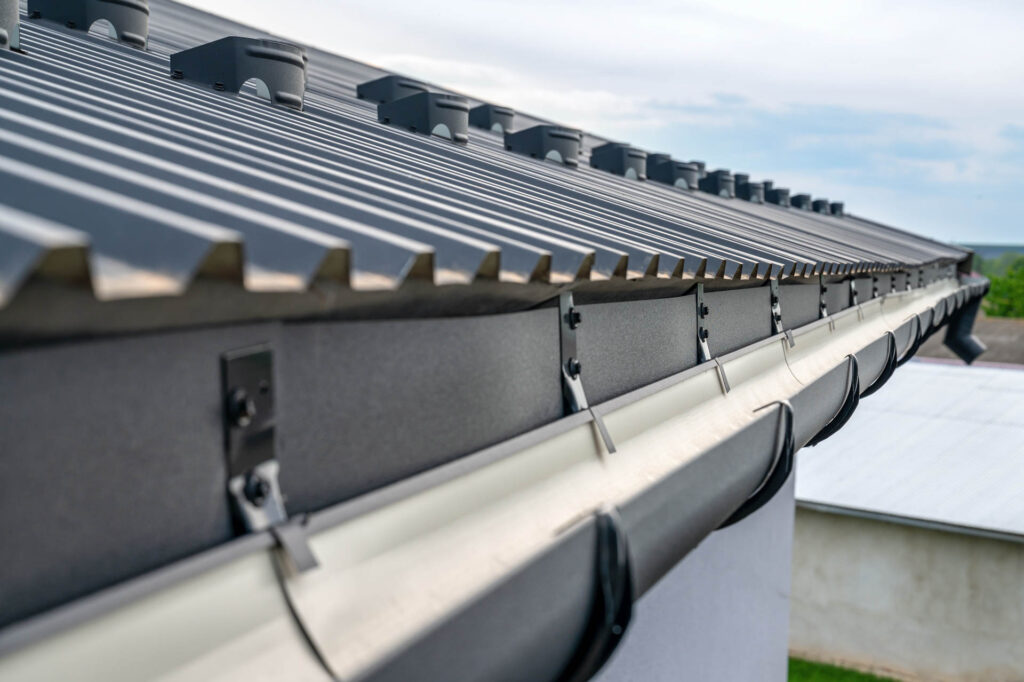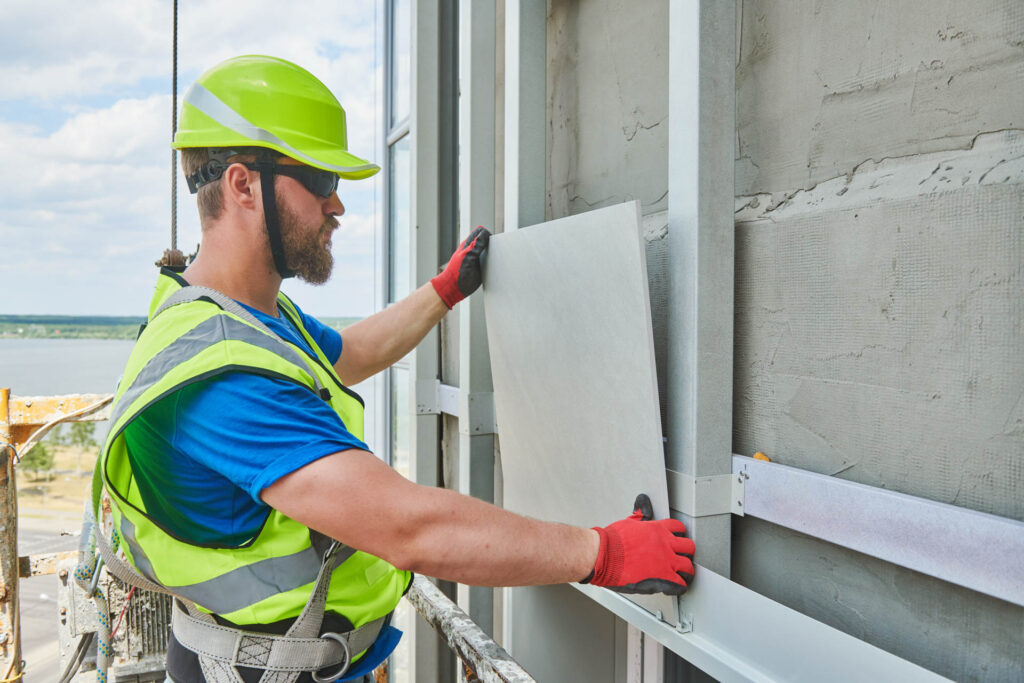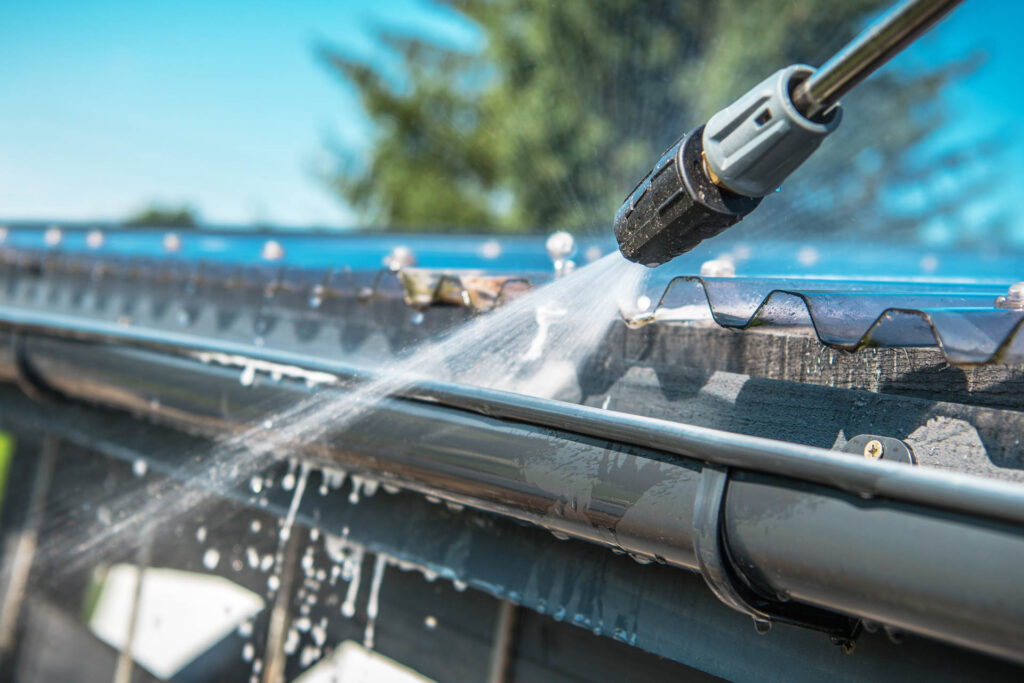- September 12, 2023
- Leaky Home Repairs
- Diana Subido
When Is the Right Time to Remediate Your Home?
Your home is more than just four walls; it’s a haven, a place where memories are created, and your family thrives. However, over time, the exterior of your home can face wear and tear, and one of the significant challenges homeowners might encounter is the need to heavily remediate their home. Extensive Remediation can involve but not limited to cladding removal, membrane replacements, roofing work, detailing work, design work, and plaster overlay systems, just to name a few.
1. Visual Signs of Deterioration
One of the most apparent indicators that it’s time to remediate your home is visual deterioration. Here are some signs to watch out for:
- Cracks and Gaps: Noticeable cracks or gaps in your current cladding material can allow water to penetrate, leading to potential structural damage and mold growth.
- Fading and Peeling Paint: If your home’s exterior paint is consistently peeling or fading, it may be time for a closer look. Paint serves as a protective layer, and its deterioration can expose your home to the elements.
- Rot or Decay: If you have wooden cladding and you spot signs of rot or decay, this is a clear indication that the cladding is no longer effective. Rotten wood can compromise the structural integrity of your home.
- Mold and Mildew Growth: The growth of mold and mildew on your cladding is not just unsightly; it’s a sign that moisture is getting trapped within your walls.
2. Water Infiltration and Moisture Issues
Water infiltration and moisture-related problems are serious issues that shouldn’t be ignored. If you notice:
- Interior Water Stains: Water stains on your interior walls or ceilings can indicate that moisture is finding its way inside your home. This can be caused by faulty cladding that no longer effectively repels water.
- Increased Utility Bills: A sudden spike in your heating or cooling bills might be due to insulation issues caused by damaged cladding. Inefficient cladding can allow temperature fluctuations, making your HVAC system work harder.
- Musty Odors: Persistent musty odors indoors can be a sign of mold growth due to moisture intrusion through compromised cladding.
3. Structural Concerns
Structural concerns are perhaps the most critical reasons to consider recladding:
- Visible Structural Damage: Cracks or shifts in your home’s cladding or walls can be an indicator of more profound structural issues. Remediation can prevent further deterioration.
- Professional Inspection: If you have doubts about the structural integrity of your home or you’re planning a major renovation, it’s wise to have a professional inspection. They can identify hidden issues and recommend remediation if necessary.
Remediating your home is a significant decision that should not be taken lightly. If you notice visual signs of deterioration, experience water infiltration and moisture issues, have structural concerns, or need to comply with updated building codes, it might be the right time to consider remediation to your home.
A well-maintained and properly clad exterior not only enhances the aesthetics of your home but also ensures its longevity and structural integrity, providing you with a safe and comfortable living environment for years to come.
If you suspect your home may need some form of remediation, get professional help. Sound Homes is one of NZ’s leading experts in the weathertight home industry. Its team of exterior home specialists can help ensure your home’s longevity and structural integrity, providing you with a safe and comfortable living environment for years to come. Contact us at 0800-66-33-29 or fill out our online enquiry form for a free home inspection.





